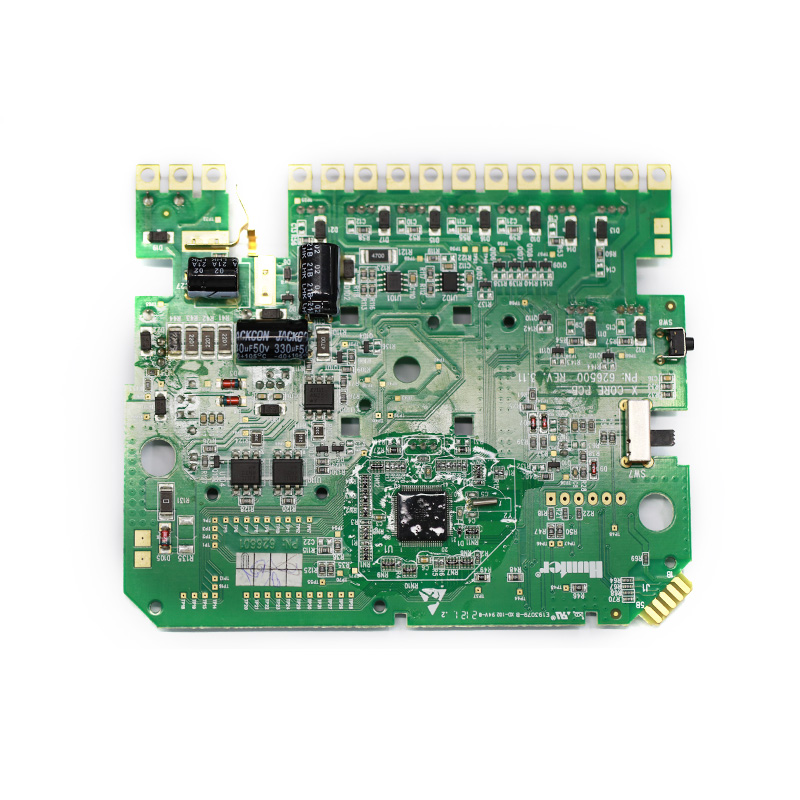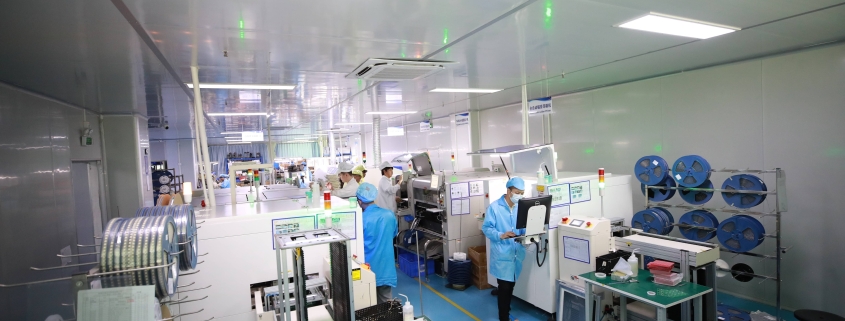Optimizing SMT Assembly: Key Considerations for Quality Production
In the daily production process, meticulous attention to various production details is crucial to ensuring superior manufacturing quality. Adhering strictly to stipulated requirements with a dedicated and responsible approach during production is fundamental for lean processing, which is pivotal for the sustenance of business growth. Below, our team at the SMT Mounting Factory in MTI PCBA has compiled a guide to key considerations during SMT assembly processes. Let’s delve into it together:

Workshop Temperature and Humidity
Maintaining optimal conditions in the production workshop is essential. For SMT workshops, the ideal temperature is 24±2℃, with humidity levels around 40±10%RH. Extreme temperatures can lead to soldering issues like tin beads or solder bubbles and stencil-related problems during printing.
Material Storage
Pre-SMT assembly, the storage conditions of materials often get overlooked. For instance, PCBs exposed to air for extended periods tend to absorb moisture, resulting in poor soldering later on. Additionally, special attention is required for the storage of BGA and IC chips, necessitating a dry environment to prevent oxidation.
Solder Paste
Solder paste, a core material in SMT assembly, primarily comprises tin powder and flux. As flux plays a significant role in the entire soldering process, selecting high-quality solder paste is crucial. Pre-use procedures like reflow and stirring of solder paste are essential details not to be overlooked.
Soldering Process
The reflow soldering process holds a critical position in SMT assembly, directly impacting soldering quality. Surface mount soldering quality is among the most critical factors. Reflow soldering considerations typically involve oven temperature, preheating, and optimum temperatures.
Post-Reflow Quality Control (QC)
Product quality represents the factory’s reputation, and soldering quality significantly influences it. Exceptional products are essential for maintaining a competitive edge in the PCBA industry. Thus, stringent control over soldering process quality is imperative, focusing on details to avoid defects like open solder joints, solder skips, or bridging.
For more information on rapid prototyping in SMT assembly, high-end PCBA manufacturing, SMT mounting pricing, and more, feel free to explore MTI PCBA for detailed insights.



